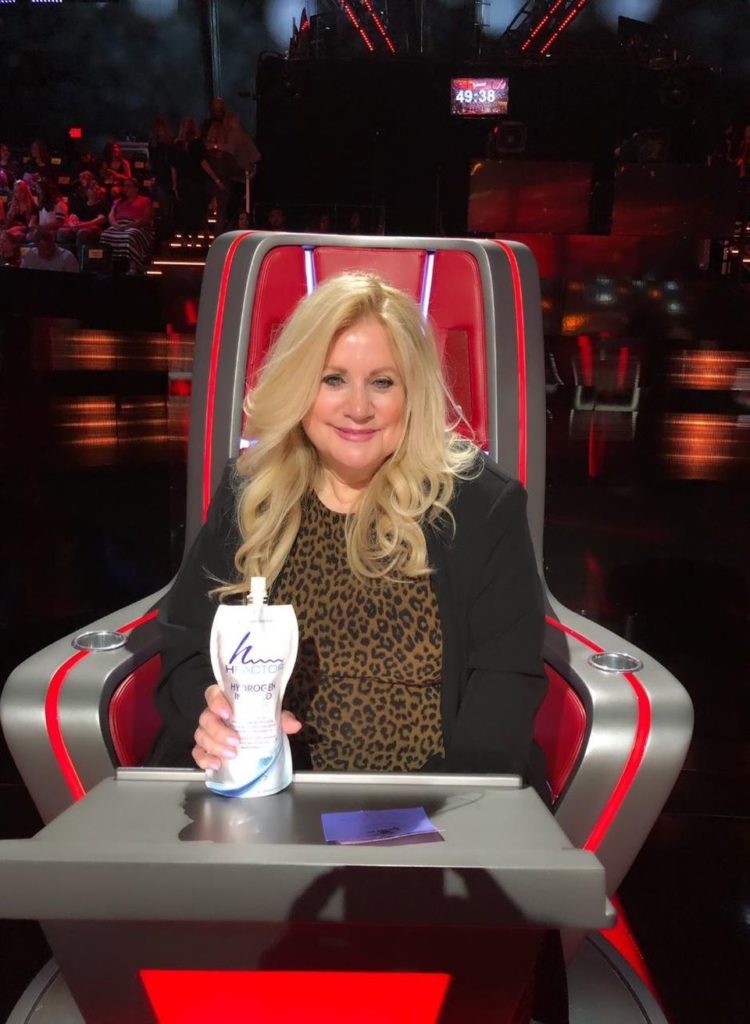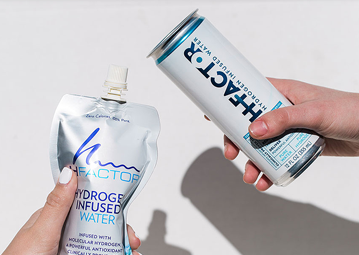

Some entrepreneurs are motivated by money, others by the challenge of scale, and many others by a passion for their product. But like Edison in his day (with much thanks to Nikola Tesla), another class of entrepreneur is spurred on by what others claim is impossible.
Gail Levy, a serial entrepreneur, checked off those first boxes early, but there was always a dose of “that can’t be done” in what she tackled. She worked in the fashion industry in Asia in the 80s at a time when the Commodity City was new, and women were not commonplace.
In the 90s she found herself ready to take on a “smaller” more entrepreneurial challenge and hooked up with a friend in the horticultural business. The idea didn’t stay small for long, because she approached Jim McCann, of 1-800-Flowers who was already toying with e-Commerce. She convinced him that his customers wanted more than “cut flowers.” She showed him a way he could deliver at scale in decorative containers.
They did a deal on a handshake, Levy planted herself in a trailer in the middle of an agricultural field and ended up becoming the largest plant fulfiller in the U.S. supplying 1-800-Flowers, Hallmark and ProFlowers.
An impossible challenge gets personal
Levy has many stories and businesses, but it got personal when she was caring for her best friend with cancer. She took her friend to Memorial Sloan Kettering Cancer Center for treatments, and the ravages of chemo and radiation are permanently etched in her mind.
Six months after losing her best friend, having done research into things that could minimize the pain of cancer treatments, she found herself talking to Barry Orms, a professional basketball player. She asked him about molecular hydrogen that was being used by professional athletes to heal the body.
Levy did more research into hydrogen, and how hydrogen-infused water, now HFactor, could be delivered to cancer patients. Eerily, one of the studies looked at the effects of hydrogen on those taking Cisplatin, the powerful chemo drug that Gail’s friend had been on.

Gail Levy on the set of The Voice with HFactor waterHFACTOR
In 2013 she reached out to prominent people in health and wellness to review over 150 studies she found. Even NASA had studied the effects of hydrogen on radiation because radiation exposure is everywhere—not just for those going through Cancer treatment.
The science they said was legitimate, but the delivery vehicle was the problem. Hydrogen is the smallest molecule, and it can easily “outgas” plastic. If someone couldn’t figure out how to capture hydrogen gas, combine it with water, and maintain the integrity of the gas in the container, it would just remain a medical study that never moved into commercialization. But Hydrogen water hadn’t counted on Gail Levy.
Refining the business model by solving the impossible challenge
Levy cast her net wide to find a solution. She went to Japan but quickly discovered that the approach was “just in time” delivery because no one had cracked the code of a hydrogen-safe container. In America, she knew that her solution had to have a “shelf life” that would maintain the integrity of the Hydrogen.
She went to the military, to Germany, to academia and still couldn’t find a solution. She even struggled to find a sufficient test for shelf-life because testing is done in a heated environment which destroys Hydrogen. And, she wanted to be kind to the environment which meant BPA-free, but she couldn’t have aluminum touching the water.
Levy’s dining room was converted into a test lab where she had container after container, with a titration system for testing the hydrogen levels. Finally, one package emerged that Levy was able to test market. It had to be torn open, so a straw could be inserted. It was cumbersome, but the results were bearing fruit. She refined the package to have a spout where no oxygen would come into the container.
Like anyone seeking to commercialize, it is one thing to solve the problem in small batches, it is quite another to achieve something with integrity on a mass scale. And, such a sophisticated delivery system is expensive.
Levy worked with beer kegs and cement mixers and every kind of technology that could be managed at scale in a high-speed environment. An engineer from Wisconsin helped crack the code on how to produce and deliver sustainably.
When HFactor caught on in California, she worked to improve her costs to produce and deliver. She had people at FedEx who would load up and go straight to the tarmac. Today, HFactor is producing 15 million units annually.
But how do you fund something so cost-intensive without diluting your shares?
What Levy didn’t know about beverage is that it would require boatloads of capital. Levy had grown her past businesses uses factors, because in the 90s there wasn’t such a thing as online capital raises or funders focused on women.
She grew the way she knew how and went back to the people who knew her. There wasn’t much left after her angel round, although many of them re-upped. And once you’ve tapped your key investors, things like $50,000 on GoFundMe won’t make a dent in the type of investment needed to capitalize a beverage offering. Levy says, “Hold on and keep bootstrapping while generating revenue.”
Getting smart about investment options
When HFactor officially launched in May of 2017, they got attention from several food investment groups. But, those groups wanted too much of the company, and they did their valuation on “trailing sales.” To Levy, this was, “dumb when you can make 5X the sales four or five months later.”
Particularly in beverage and consumer products, Levy says, much of the detail is in the fine print. She encourages young entrepreneurs to have a competent attorney who can scrutinize that fine print.
Levy continues to resist this type of investment although she knows there will be a point of scale where she needs more. Right now she is focused on maintaining her employee base, her operation and continuing to satisfy her early investors. To Levy, it’s a matter of staying scrappy and creative, so she doesn’t have to give it away.
She encourages entrepreneurs to get wise about their space or category. In food and beverage, there are no small exits; the best exits are made on huge numbers. To get there, entrepreneurs need to focus on a solid team and making sure their books are in order.
Levy says, and she knows this from experience, that you need to have a sixth sense about when the company is ready to tip over to the other side of the bell curve, and that’s when you have your exit ready. She is not there yet, because, for one thing, water has grown to be an enormous category since she began this passion project.
Advice from someone who has seen a lot
Moira Vetter is Founder & CEO of Modo Modo Agency, a strategic marketing firm, that was recognized as a 2018 & 2017 Inc. 5000 company and a 2017 Best Places To Work.